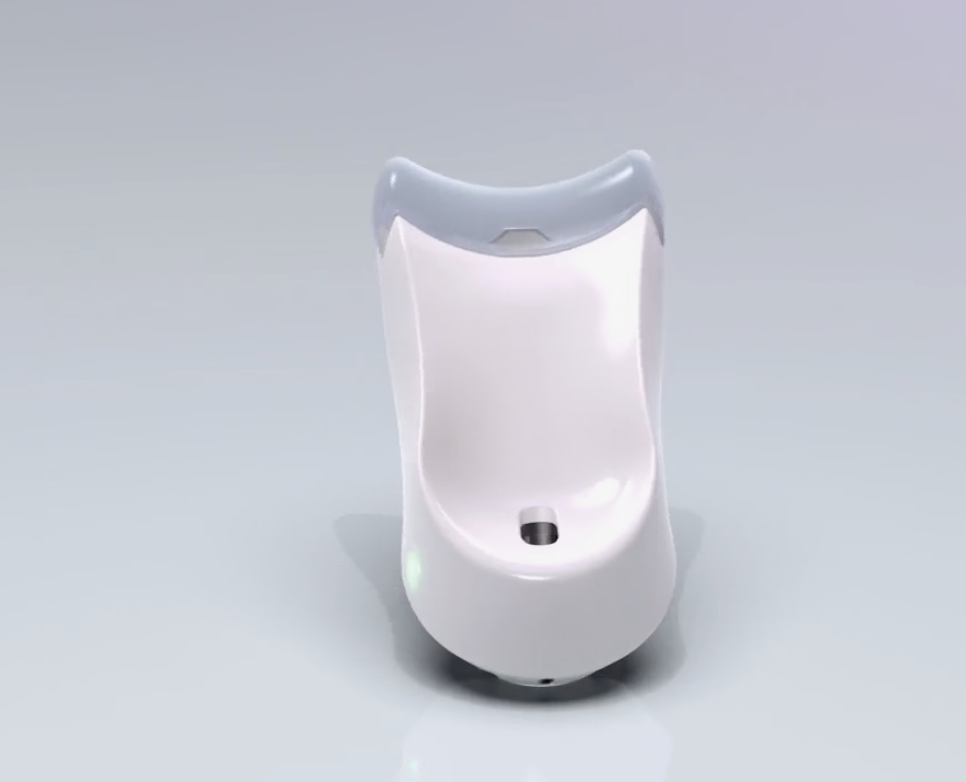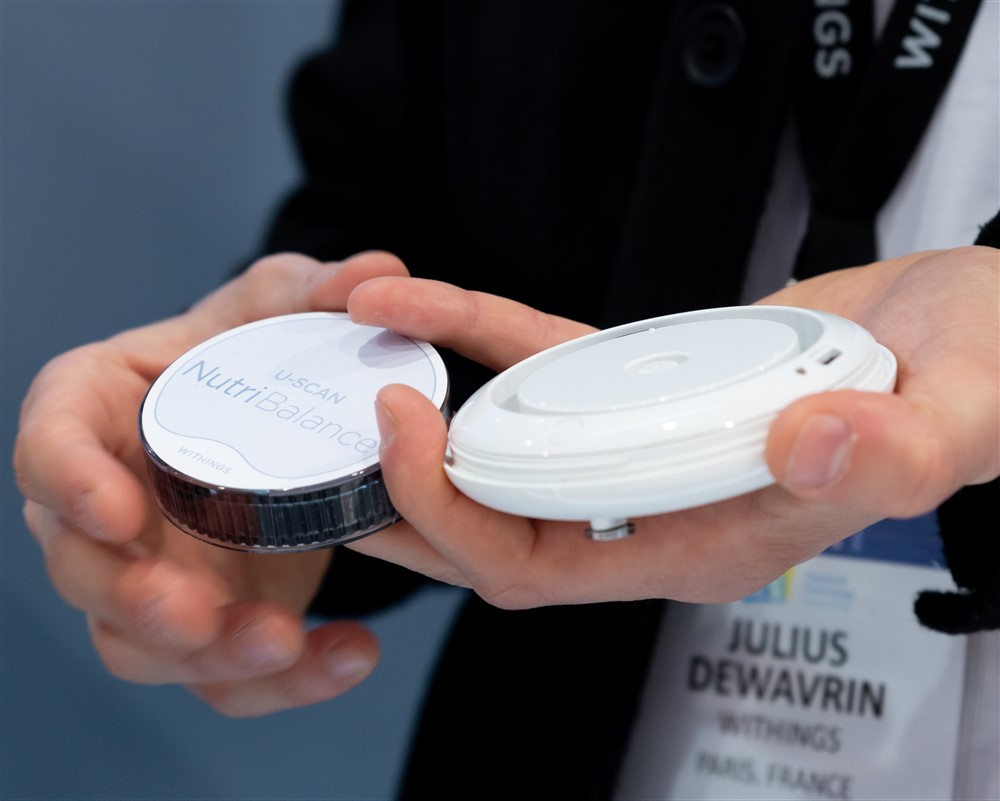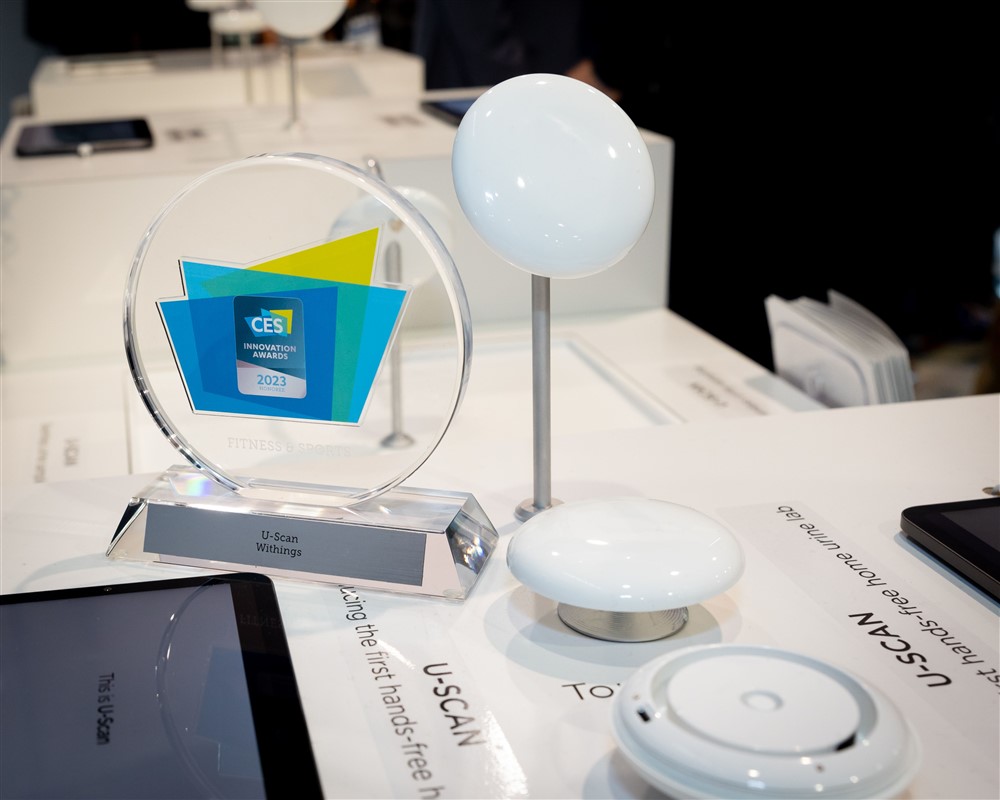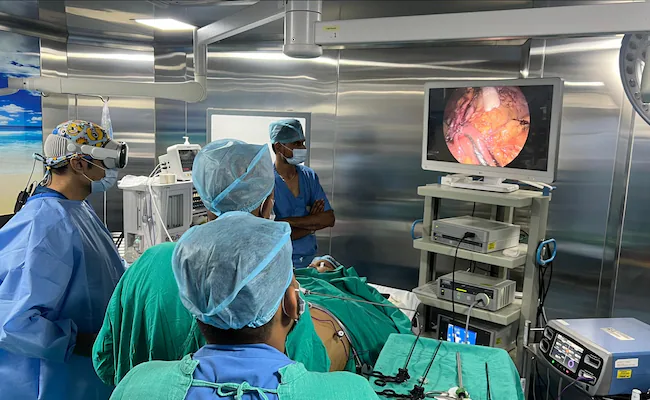Starling Medical turns the home bathroom into a laboratory for preventing health problems
Artificial intelligence as a solution to improve health through urine analysis. It might sound like a bold move or a marketing campaign, but Starling Medical‘s project has what it takes to prevent infections in patients struggling with various chronic diseases. It all comes down to StarStream, a home urine diagnostic monitoring platform and device that allows nurses to examine patients’ parameters and alert doctors if an intervention is needed. Small and lightweight, the reusable device that analyses urine attaches to the toilet and uses artificial intelligence to assess urination. If abnormalities or problems are found, the Starling app puts doctors and patients in touch so that action can be quickly planned.
Born as a research project at Rice University in Houston, Texas, thanks to engineers Hannah McKenney, Drew Hendricks and Sylvie Kalikoff (who now works for Boston Scientific), with the initial intention of improving the quality of life of patients who struggle to urinate physiologically because they suffer from the neurogenic bladder, the startup is about to launch StarStream at a private practice in Texas, which with some 200,000 urology patients could be worth millions. This is the conviction of Alex Arevalos, CEO of Starling Medical, who aims to grow his company without leaving state borders, as the number of potential patients is very high. “We could become a unicorn just because of Texas customers,” Arevalos said.
U-Scan Whitings
The optimism stems from the urgent need for globally effective tools and solutions for urinalysis, a field that analysts estimate could be worth nearly $5 billion over the next four years. For this reason, many companies are experimenting with themed technologies and devices, such as Whitings, which at the last CES presented U-Scan, a device to be placed inside the toilet bowl that can perform an almost instantaneous check-up without the user having to do anything except display the values on the smartphone.





This is a useful way to say goodbye to urine collection containers and reduce time and expense since, at least for basic parameters, there is no need to go to a laboratory for fluid analysis. In this case, monitoring will be achieved through thermal sensors and a pump to collect the sample, which is then sent to the internal cartridge (to be changed on average every three months) that starts the analysis phase. Available on European markets in the second half of the year at a price of €499.95, U-Scan promises to detect ph and ketone levels and provide general information on metabolism.
Win-win system
Starling Medical theoretically goes beyond Whitings because StarStream provides a connection to doctors and a tailor-made treatment path for the patient in addition to monitoring and analysing urine. In this way, all parties stand to gain because the health of those suffering from urinary tract infections, diabetes, kidney disease and other conditions such as preeclampsia is improved. At the same time, doctors and clinics can secure new revenue, and the healthcare sector breathes thanks to reduced hospitalisations. “Data alone is not enough if there is no follow-up,” Arevalos told Techcrunch.
Having validated predictive models through a clinical trial in partnership with Stanford University, Starling Medical is also looking forward to a future of growth by virtue of the $3.4 million funding obtained at the end of January and led by the Rebel Fund. The other twelve investors include Y Combinator, Innospark Ventures and Capital Factory, whose resources will be used to expand the engineering team (the company currently has ten employees), develop the software and hire nurses to support the system.



